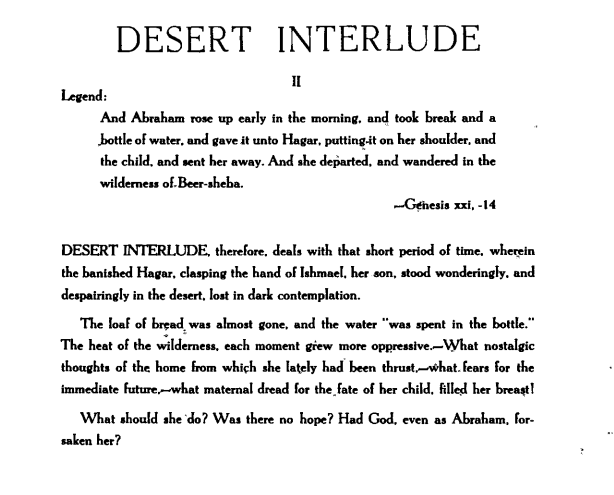In August, Black Classical Music will be released, the twenty-first release by 19'40''. It includes works by Afro-descendant composers. In this series of articles, we tell the stories of the composers and their work.
ROBERT NATHANIEL DETT
Robert Nathaniel Dett was a highly accomplished African-American composer, pianist, and choral conductor. Hailing from Drummondville, Ontario, Canada, Dett exhibited prodigious musical talent from a tender age. He honed his musical skills at the prestigious Oberlin Conservatory of Music in Ohio, graduating with honours in 1908, becoming the first black individual to receive a music composition degree from the institution.
Dett held esteemed professorships at several educational establishments, including the Hampton Institute and Bennett College. At the core of his teaching philosophy was the belief in integrating African-American musical traditions into the academic curriculum, nurturing cultural pride and identity among his students.
Beyond his compositional achievements, Dett commanded great demand as a sought-after pianist and conductor. His captivating piano performances and masterful leadership of choral ensembles during extensive tours left audiences spellbound.
Throughout his illustrious career, Dett garnered numerous accolades for his remarkable contributions to the music world. His compositions, such as the acclaimed "The Chariot Jubilee" and "Listen to the Lambs," resonated deeply with audiences and critics alike. Dett's innovative musical style and his unwavering commitment to preserving African-American musical heritage firmly established him as a trailblazing figure in the annals of American music history.
Desert Interlude & Barcarolle of Tears (Arr. for vibraphone and piano)
Eight Bible Vignettes is a collection of short solo piano compositions with a religious theme: each number's title page bears a precise biblical reference. The first three vignettes recount and depict episodes from the Old Testament. In "Desert Interlude" Robert Nathaniel Dett captures a very specific moment told in Genesis. Sarah, wife of Abraham, decided to give her slave Hagar to her husband with the intention of adopting her child. However, when the child is born, Sarah begins to resent Hagar's presence. Abraham is forced to cast out Hagar, leaving her and their son Ishmael in the desert. Desperate, Hagar becomes lost in the wilderness of Beersheba. As provisions run out, she finds herself lost in a moment of contemplation, reminiscing with nostalgia about the home from which she was banished and shedding tears of maternal love for her son's uncertain future. These are the evocative impressions that Dett captures on paper in writing "Desert Interlude." On the other hand, "Barcarolle of Tears" is a piece without direct references to biblical events, serving as a separator between the compositions related to the Old Testament and those that recount stories from the New Testament.



